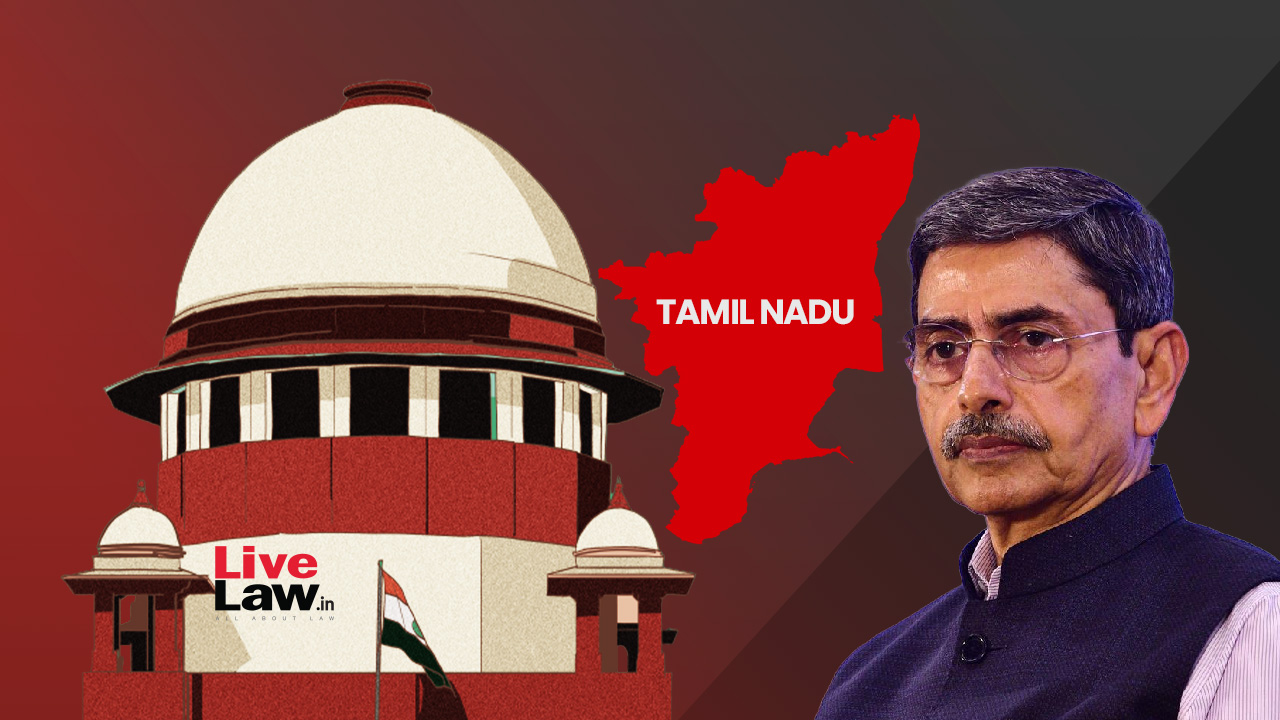 |
|
The Supreme Court of India launched a sharp critique of Tamil Nadu Governor R.N. Ravi for his prolonged delay in addressing bills passed by the state legislature. The court questioned the Governor's three-year delay before withholding assent and referring some bills to the President, highlighting the unusual nature of his actions. The justices expressed concern over the Governor’s apparent disregard for established constitutional processes, specifically Article 200, which governs the Governor's role in processing bills. The bench's questioning focused on the lack of transparency and justification provided by the Governor for his actions. The Attorney General's arguments, stating that the Governor's mere statement of repugnance sufficed, were rejected by the court. The justices insisted on concrete evidence demonstrating the reasons for withholding assent, emphasizing the need for a transparent and accountable process. The court's questioning highlighted the potential for the Governor's actions to constitute a de facto veto, circumventing the legislative process and undermining the principles of democratic governance. The extended timeframe involved, spanning several years, further underscored the gravity of the court's concerns. The court explicitly questioned the Governor's apparent creation of his own procedure, deviating from established constitutional norms and practices. The court's concerns were not merely procedural; they delved into the potential for abuse of power, raising concerns about the Governor's intentions and motives. The court acknowledged the state's allegations of both malice-in-law and malice-in-fact, adding a layer of serious ethical and constitutional implications to the case. The timing of the Governor's actions, closely following a Supreme Court ruling against gubernatorial vetoes by inaction, also raised suspicion.
The central issue before the court is the interpretation of Article 200 of the Indian Constitution. This article outlines the Governor's powers regarding bills passed by the state legislature. The court's questioning delves into the specific provisions of Article 200, focusing on the Governor's obligations when withholding assent and the procedures for referring bills to the President. The case hinges on whether the Governor's actions are permissible under the constitutional framework and whether the Governor's actions constitute an unconstitutional exercise of power. The court’s expressed concerns about the potential frustration of Article 200's proviso underscore the importance of maintaining a balance between the executive and legislative branches of government. The court’s detailed examination of the Governor's actions highlights the importance of judicial oversight in safeguarding the constitutional principles of democratic governance. The court's skepticism towards the Attorney General's assertion that a simple statement of repugnancy is sufficient to justify withholding assent reflects a deep concern about the potential for arbitrary and opaque decision-making by the Governor. The court is actively seeking to establish clear and transparent guidelines for gubernatorial action in such matters, ensuring adherence to constitutional procedures and preventing potential abuses of power.
The Supreme Court's hearing highlighted a crucial aspect of the Indian political system: the relationship between the state government and the Governor, who is appointed by the President. This case underscores the complexities of federalism and the potential for conflict between the state and central governments. The court's examination of the Governor's actions raises broader questions about the role of appointed officials in a democratic system, and the potential for such officials to obstruct the legislative process. The arguments presented by the Attorney General, and the subsequent questioning by the Supreme Court judges, reveal deep-seated concerns about the balance of power between different branches of government and the importance of maintaining accountability within the system. The case also sets a significant precedent, influencing the interpretation of Article 200 and setting standards for gubernatorial conduct in similar situations across different states within India. The court’s interest in establishing a clear understanding of “pocket veto” within the constitutional scheme is indicative of its effort to clarify the extent of gubernatorial authority and prevent its misuse. The case is not simply about the specific bills in question; it's about the larger principles of constitutional governance, transparency, and the proper functioning of democratic institutions within the Indian context. The court's questions and deliberations demonstrate the vital role of the judiciary in safeguarding constitutional principles and protecting the integrity of the legislative process.
